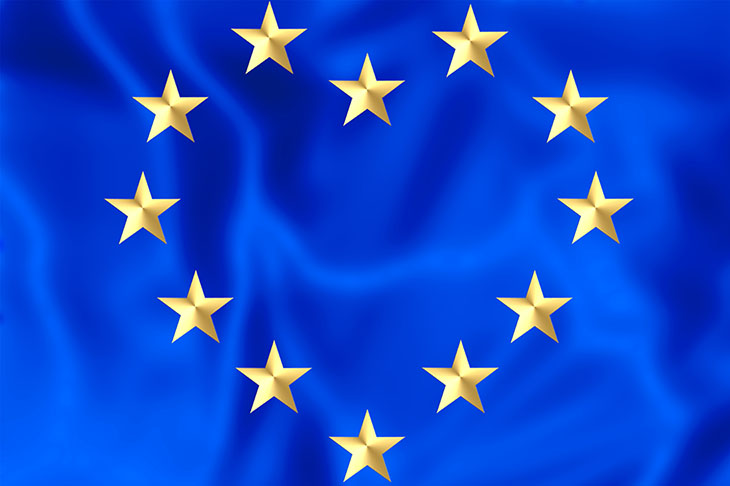‘Epiphany.’ That was the word that Robert Rowland, soon-to-be-ex-MEP for the Brexit party, used to describe his discovery of the real inner workings of the European parliament. I met Rowland in Strasbourg, a mere eight months after his election last May, at his very last plenary session. With no small degree of pride, he showed me around the debating chamber, with its sleek interior and its hi-tech voting machines. He told me about the ‘very high-quality’ people he had met, such as Nathalie Loiseau, the former French Minister for European Affairs. So interesting, so affable! Some of them — he mentioned a former Czech minister — even know quite a lot about economics! I asked if he was going to regret leaving all of this behind on 31 January and he quickly reversed gear. No, no, of course not: ‘We’ve got to get out of here.’ Still, the European parliament seems not to have been the evil institution he’d expected. ‘If this place had more power,’ he told me wistfully, ‘it would really improve the European Union.’
The last time I went to Strasbourg the year was 1994, the beautiful debating chamber had not yet been constructed and I was the foreign editor of The Spectator. The spokesman for the European People’s party — the centre-right party to which the Tories were then still affiliated — made sure I met lots of people and had several extremely good meals. The result of my trip was an article that pointed out a terrible paradox. Partly because they were so often teased about their allegedly large expense accounts, the typical Tory MEP worked very hard. Because he was so hard-working, he was helping to make the European parliament more efficient and productive.








Comments
Join the debate for just £1 a month
Be part of the conversation with other Spectator readers by getting your first three months for £3.
UNLOCK ACCESS Just £1 a monthAlready a subscriber? Log in